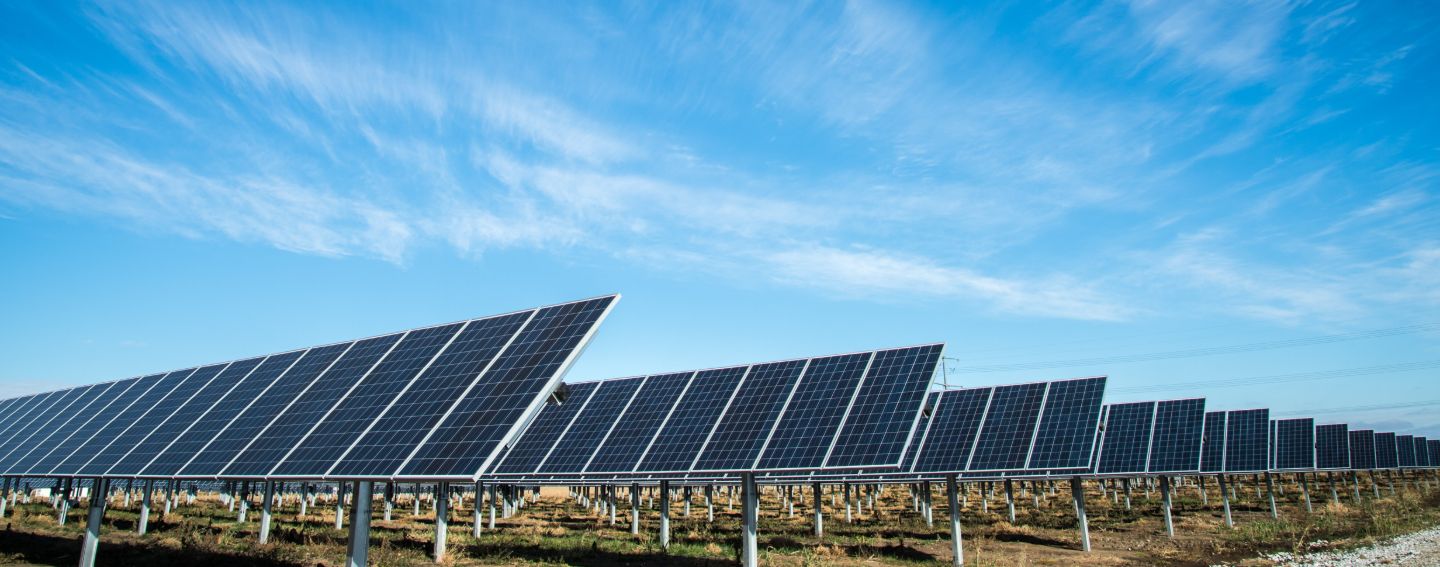The ability to store bulk electricity will be the game changer for renewable generation. Francisco Morandi, VP of Corporate Strategy and Investments at AES, brings us up to date with a focus on Latin America.
A considerable share of all electricity generated in Latin America comes from renewable sources, with hydroelectric generation playing the biggest role. Wind and solar PV generation have become more competitive in recent years amid increasingly efficient technology, cost reduction, economies of scale and governments across the region committing to renewables. But the fact of intermittent supply becomes the key obstacle as greater reliance on renewables is being planned for. Constantly available supply is the key responsibility of any power system, and operators are naturally concerned that renewables will not be able to provide the same kind of service as hydrocarbon feedstocks.
For example, Brazil produces around 63pc of its electricity from hydroelectric plants but has also adopted other renewable sources, with wind, biomass, small hydro and solar in the mix. Intermittence is the limitation to how much of the non-hydro power can come from renewables – we can’t know with certainty how the wind will blow or how much the sun will shine on any given day, and technologies aimed at capturing solar radiation won’t operate at night. The development and installation of battery storage is the solution to this problem. The ability to store electricity anywhere on a grid fundamentally changes the way the system operates, delivering agile capacity across the network to meet immediate and future needs.
Big plans
The AES Corporation operates in 16 countries with 36GW of generating capacity and distribution through seven utilities and aims to be the leading sustainable power company. Our portfolio is being reshaped to reduce carbon intensity and to improve risk-adjusted returns to our shareholders by investing in natural gas, wind and solar PV projects with long-term, dollar-denominated contracts.
AES realised more than a decade ago that reliability issues that had been the domain of hydrocarbon-based resources like natural gas peaking power plants could be better solved with lithium-ion batteries in storage systems. We have so far deployed the world’s most comprehensive proven fleet of battery-based storage systems, with 228MW in operation, 250MW under construction or contracted and more than 3.5mn MWh of service to date.
We recently completed the installation of 20MW of battery storage at two sites in the Dominican Republic, allowing the country’s power grid to perform flawlessly during last year’s hurricanes Irma and Maria. A similar storage solution was deployed on Kauai Island in Hawaii, reducing reliance on diesel generators by delivering 28MW of solar capacity and a 20MW storage system with a five-hour battery life.
In the pipeline
By replacing coal feedstock with renewables and natural gas, AES will develop a pipeline for natural gas and renewable generation installations in key international markets at the same time as reducing its carbon footprint. In 2017 we closed the acquisition of SPower, the largest independent solar generator in the US, with 1.3GW in operation and 10GW in the pipeline. We also repositioned AES Tiete in Brazil with the acquisition and development of 611MW of wind and solar assets, as well as building a 2.5GW development pipeline in Mexico.
Global power storage capacity is about to rise sharply and is likely to reach 125GW/305GWh by 2030, according to Bloomberg New Energy Finance. We launched Fluence – a joint venture with Siemens – in January, with a commitment to delivering reliable and affordable energy storage to industry, utilities and power developers in 160 countries.
Using less-polluting generation feedstocks including natural gas will play a key role in the transformation of Latin America’s generation mix, together with the commitment to add more renewable generating capacity and to support the provision of storage. Reliable and scalable storage is the missing piece of the puzzle for the region and beyond, and we are excited to be at the forefront of providing it.
Francisco Morandi is VP of Corporate Strategy and Investments at AES, based in Virginia. He spent the last five years based in Sao Paolo as AES’ regional CFO.

